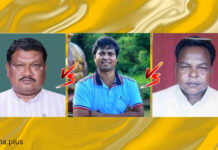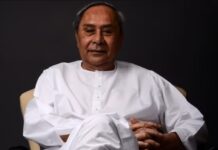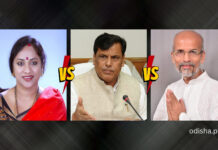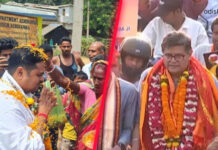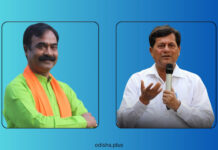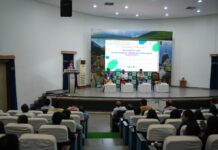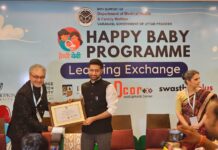Sambeet Dash
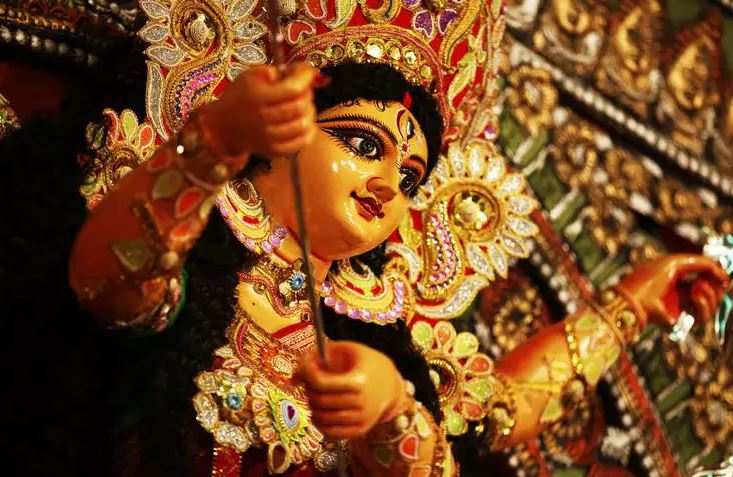
Durga Puja is thick in the air. It comes with its unique flavor – in the smell of JHUNA POWDER (sweet smelling powder sourced from bark of a tree when lit emits perfumed smoke), the sound of music blaring and the sight of huge idols of Goddess Durga on the PENDAL (pedestal). Puja always puts me on a Time Machine, propelling me back to my growing up days in Odisha and certain related events forever etched in memory.
Once I brought some PRASAD (offering to deities) from Lord Jagannath temple, Puri for the priest at my local temple in United States. The priest, a Brahmin from Gujarat, was very pleased with what I got for him from the sacred Jagannath DHAM (abode).
We sat down chatting, as he asked me about my trip. I told him how much I cherish the fish and goat meat curry in Odisha. He was appalled and could not believe a Brahmin being a voracious eater of fish and a four legged animal. He asked me “AAP KAISE EK JEEV KO KHA SAKTE HAIN” – How could you eat an animal ?
I had no answer, but narrated to him my childhood experience when we used to religiously visit our ancestral village near Puri during Durga Puja vacation – the equivalence of Christmas break in US. It was fun time then – school and college would be in holidays and us in festive mood. Unlike Diwali in most parts of India, Durga Puja culminating in DASAHARA (Dussera) used to the major attraction, though of late this has been somewhat diluted due to rapid cultural invasion from outside, attempting to convert DIPABALI to DIWALI.
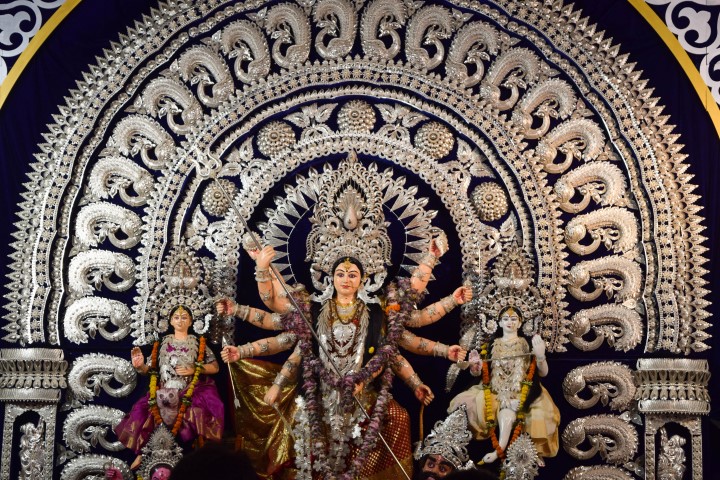
The most awaited event would be the ASHTAMI (8th day) for the annual ritual of goat sacrifice. On that fateful day villagers would walk in droves to catch a glimpse of BODA HANA(Goat slaughter). The sacrificial BODA (a non-castrated male goat with goatee and smelling horrible) destined for slaughter would be brought in and tied to a post. The priest would arrive chanting MANTRA (hymns) amidst the cacophony of the beating of GHANTA (large brass circular plates).
A strongly built DHOBA (washerman) in our village with twitched Walrus moustache would arrive on the scene. Wiping off the layers of sweat from his forehead, he would unleash a sharp sword glittering under the morning sun and with one massive blow detach the head of the goat from its body.
The disoriented torso of the goat would meander a few feet before collapsing, with its still eyes wide open, still gaping at the crowd. The priest would collect its blood and offer it to the Goddess. Later the goat would be skinned and its meat divided equally among the villagers as PRASAD (sacred offering).
This whole episode which created an earthquake in our mind wasn’t free from aftershocks. For the next few days all that glittered wasn’t gold, rather the unforgettable glittering sword slashing through the goat’s neck which gave me nightmares of the torso chasing me, the detached head hovering over it, the eyes still open and staring at me. As I fleed, it was catching up on me. I tried to outrun, but still unable to move as the goatly apparition closed on me. I would be up in a flash sweating profusely. My sister sacrificed meat eating after watching one such goat sacrifice on the auspicious day of ASHTAMI.
Back to the future – the same aftershock came back to life, as our priest from Gujarat who was patiently hearing my narration almost fainted. He could not digest this scene happening in a Brahmin village where his counterparts had no issues digesting the scene, followed by meat. I can vouch he was glad that I did not bring any PRASAD from my village.

